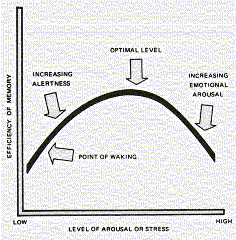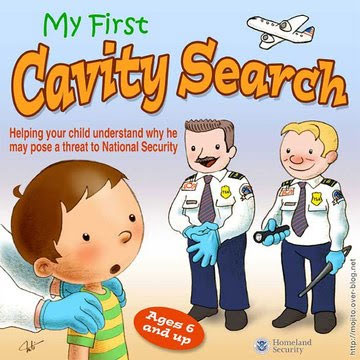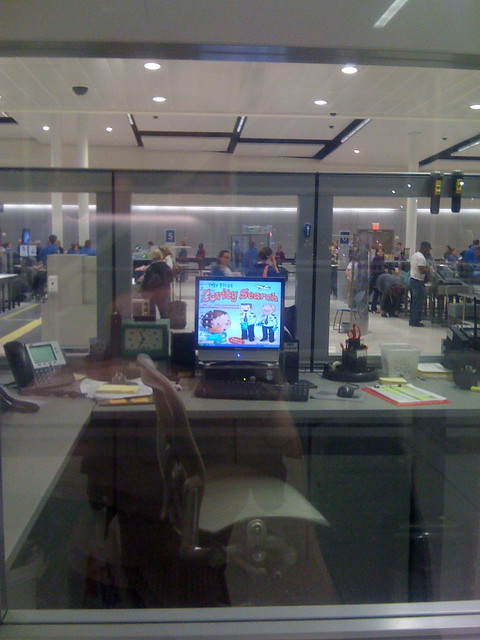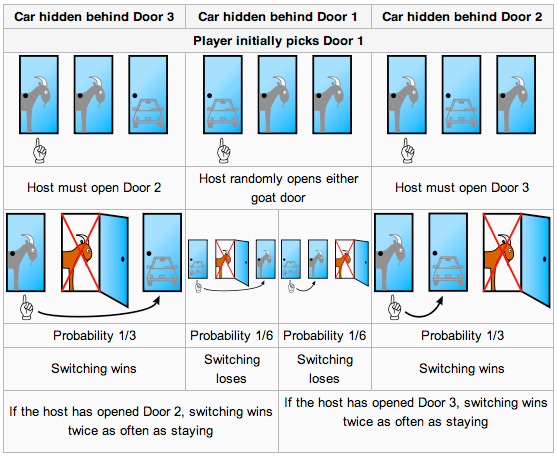 |
| "Pi Landscape" by Daniel Tammet |
I scored a 35 which says that "Autism is likely..."
The quiz was pretty obvious in terms of what makes an "autistic" answer - things like "do you enjoy social situations", that sort of stuff. But being a geek you sort of naturally fall into the autistic category: intense work in computers, math, and electronics hardware do not fit in well with "I enjoy social activities" and "I can tell what others are thinking just from their face."
No, I probably can't tell what you're thinking just by looking at your - but I can follow a bug for three days in with a multi-threaded asynchronous communications protocol stack in C++ running on a collection of disparate processors and nail it.
No, I'm not "rain man", I can dress myself though I cannot match color well in my own clothing, I can do software sales, I don't count toothpicks or anything like that. I am, however, dyslexic beyond belief, I can see and hear patterns quite well and I have really "good ears" for musical arrangement and timing.
I became interested in Autism a few years ago after reading a book called "Born on a Blue Day" by Daniel Tammet. Its a story about his journey through life, Daniel being severely autistic in some ways, and how he dealt with it.
Of particular interest to me was his description of the number Pi. He talks about how he was able to remember it to some 22K plus digits and recite them accurately within about five hours. He explains in the book how all 22K digits of Pi look to him like a colorful landscape - numbers having shape and color - and how the reciting of Pi is kind of like walking through that landscape.
This struck a note with me because, as a child, I used what seems like a similar kind of imagery to remember things like directions, for example, to me "west" is an image kind of like the one above for Pi.
I am not skilled at social interaction, much like Daniel describes himself in the book. As a child I was often teased. Later in life my disinterest in social interaction has left me more or less as a "loner" I suppose (hence the name of the blog in some way).
Since ancient times humans have been social creatures - men in particular hunting in groups, chopping down trees, etc. I, on the other hand, am an outsider, I as I sometimes say, "hunt alone".
This has its advantages and disadvantages. From a business perspective I have not "followed the crowd" - often being accused of running a "lifestyle business". This was particularly true in the early days of Lexigraph. I followed what I believed customers wanted - to the annoyance and anger of those working with me. I followed my customer's lifestyle making products that worked for them - not my sales and marketing people.
"No, No!" they would cry - you have to play nice and make products like everyone else - if you don't no one will like you.
I didn't agree. I wasn't running a business to increase my social stature. I was running it to feed my small children. My children cannot eat "social stature" for dinner. I made products that I thought would fit what customers needed, not what every else in the market was doing.
Yet here I am, some 15 years later, still in the same business still selling products based on the same designs and technologies. All the nay-sayers are gone - lost in the blur of history - no doubt moved on into other industries. (It turns out a lot of people just kind of live under the management radar and move around from business to business in a herd as industry changes because everyone wants to maintain their social connections.)
I certainly express the same relentless attention focus that the severely autistic exhibit - working sometimes alone on a product for six months or more - risking everything based on what may seem to others like an insane premise. Lost in a focus so intense time vanishes.
And if you are successful in this regard you are an "evil rich man".
If you fail you're just a crazy geek.
So what's my point with all this?
First of all I think that the notion of "Autism Spectrum" and particularly some aspects of Asperger's Syndrome are really just efforts by those "in" various social
After all, since geeks are known to be socially inept who cares what they think....
But, like the underclass of "bell boys and waiters" led by Tyler Derden in the movie "Fight Club", we geeks are also everywhere - fixing your computers, your cars, designing things you need in your everyday life, building Facebook, developing plastics so that the latest cell phone covers don't wilt when you leave them on your car dash board, and so on.
You see, without geeks the rest of humanity would no doubt be still throwing whatever rocks they could find at whatever animals were running by at the time.
It took a geek to spend the hours, days, weeks, months or even years figuring out how to sharpen a piece of flint reliably into a usable knife - to diddle around in what no doubt seemed like a "social black hole" to friends and family - no doubt ignoring them completely - until that processes of making a better flint knife was completed.
If, on the other hand, our distant ancestor that loved to diddle about with flint, was easily distracted by the latest social gossip he may have never finished learning how to make that knife.
Geeks know that the truth of the matter is that without us there would be no Facebook or cell phones or newspapers or telephones. Imagine that world - which of course existed for hundreds of thousands of years - where no one could talk to anyone except those who were right their in front of them.
In those days geeks were the heroes - not even considered geeks at all. They made peoples lives easier by finding ways to solve problems.
And today what's happened?
The world of the social in crowd has turned on us - labeling us "sick" or "ill" - casting us out of the very social herd which would not exist as it does today without us.
















